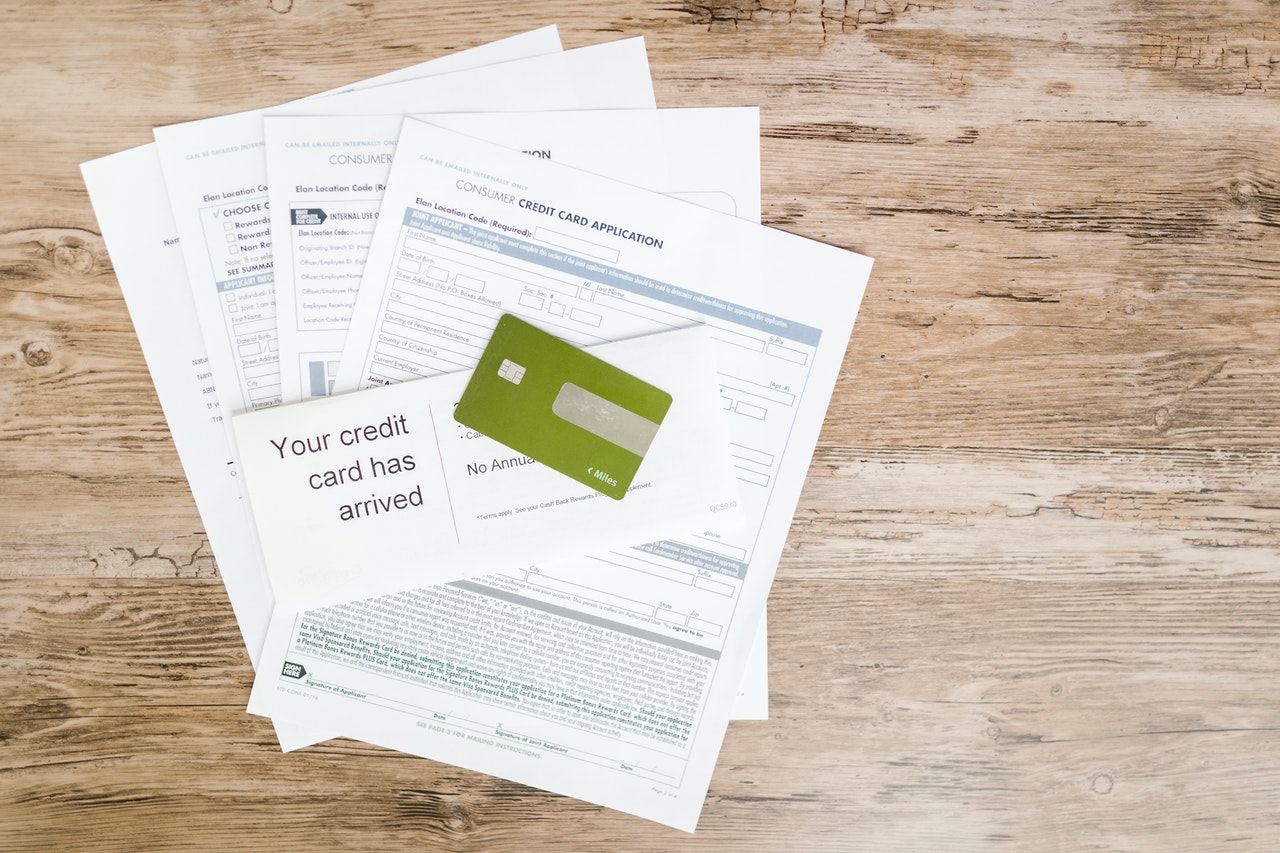Having good credit helps banks and lenders determine their risk in deciding whether to loan you money or extend credit. Good credit also gives you access to the best rates for travel and other rewards. On the other hand, bad credit can impact your ability to get hired, qualify for a mortgage or car loan, or even rent an apartment. Since today is National Get Smart About Credit Day, here’s a bit of credit wisdom to help you make the most of yours.
Different types of credit
Installment credit has a fixed number of payments; these include mortgages, student loans and car loans. Revolving credit is used repeatedly up to a set limit; these include home equity loans, credit cards and personal lines of credit.
Which type of credit has the most impact?
Revolving credit has the most impact on your credit score because this amount will likely change from month to month and can show lenders you’re a good manager of your finances.
Know and track your credit score
There are two main types of credit scores: FICO® and VantageScore®.
- The FICO® score was created by the Fair Isaac Corporation and is used in 90% of lending decisions.
- The VantageScore® was established by a joint venture of the three credit reporting agencies, Equifax, Experian and TransUnion.
Your credit score is a summary converted into a number that lenders use to assess your credit risk. Credit scores range from 300-850. The average FICO® credit score is 711.
According to a US News and World Report article, the FICO® score is the number one piece of data used to determine how much you’ll pay on a loan and whether you’ll get credit. Your credit card issuer may also provide a free credit score.
And while your credit score is important, it doesn’t determine if you will get credit. Other important factors such as income, employment history, and your amount of debt also play a role.
Your credit utilization ratio and why it matters
Your credit utilization ratio is how much credit you have used compared to your available credit. To find this number, divide your balance by your credit limit. This total is summed up across all credit card accounts.
Your credit utilization ratio and payment history account for two thirds of your credit score. So, keep your utilization ratio below 30% and pay your bills on time.
Things that negatively impact your credit report
Bankruptcies, liens and judgments may be included on your credit report and studies have shown that one in three credit reports contain some sort of error. Collection agencies can also report past due debts on your credit report. This is why it’s important to check your credit at least once a year. Late payments over 30 days are also reported to the credit bureaus.
How can you improve your credit?
Pay off current debts and pay your bills on time. An on-time payment history is crucial to improve your credit. Set up automatic payments so you don’t have to worry about missed payments. You can also check your credit limits and consider asking for an increase to improve your utilization ratio.
Resources
Take control of your credit today. Equifax, Experian and TransUnion now offer free weekly reports through April 2022. Or request a free copy of your credit report from the official site www.AnnualCreditReport.com every four months.
Be sure to look for inaccuracies such as account balances, and fraudulent accounts. You can dispute any erroneous items by contacting the credit reporting agency and the company that provided the information.
For more information, visit https://www.consumerfinance.gov/consumer-tools/credit-reports-and-scores/.
Her Nexx Chapter invites you to join our free Community where women from around the world are connecting with each other’s stories, exploring different experiences, and transforming ideas.
The Future of Connection for Women
- National Missing Children’s Day: Practical Tips to Keep them Safe - May 25, 2025
- Autism Acceptance Month: Addressing Diagnosis, Treatment and What it Really Means - April 24, 2025
- Melnea Cass: A Jewel in the Tapestry of Black History - February 21, 2025
Follow us:







